
Vulture
Vulture
Vulture
Do you know the bird called 'vulture'? It's a large bird, and it might have a scary image. However, they are actually birds that help clean the ecosystem just by existing. By the end of this article, your perception of vultures might change. Let's introduce you to these vultures!
Vulture Basic Infomation
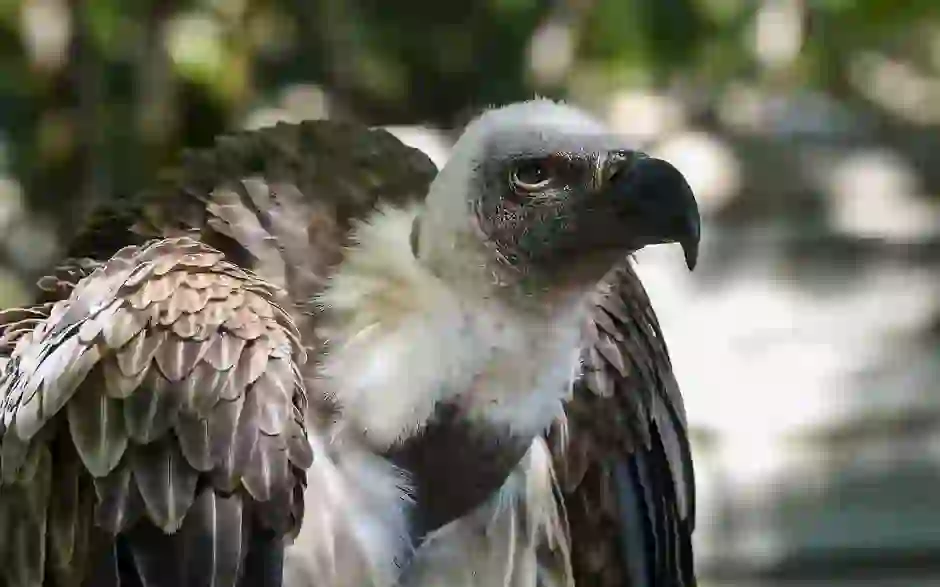
Birds (Aves), Order: Accipitriformes, Family: Accipitridae
Body length: 60–125 cm
Wingspan: 1.5–3 m
Weight: 1.3–7 kg
Vultures are found in Africa, Europe, South Asia, Central Asia, the Middle East, India, and western China.
They come in various colors, including gray, black, white, brown, and orange. A unique feature is that they have little to no feathers from their face to their throat, with exposed skin that may vary in color, such as yellow, black, blue, or red.
Their claws are short, but their beaks are hooked and sharp. Due to their large bodies, their legs are strong to support them, and their wings are large to enable flight.
Vulture Q&A

What is the origin of the name 'vulture'?
The exact origin of the name 'vulture' is unclear.
However, a similar term 'buzzard' (in Japanese 'hagataka'), used to describe condors and vultures, is derived from '禿鷹', meaning 'bald eagle.' The term likely comes from the lack of feathers on the heads of these birds.
The English term 'Old World vulture' is derived from their presence in the lower latitudes of the Old World, encompassing Europe, Asia, Africa, and surrounding islands.
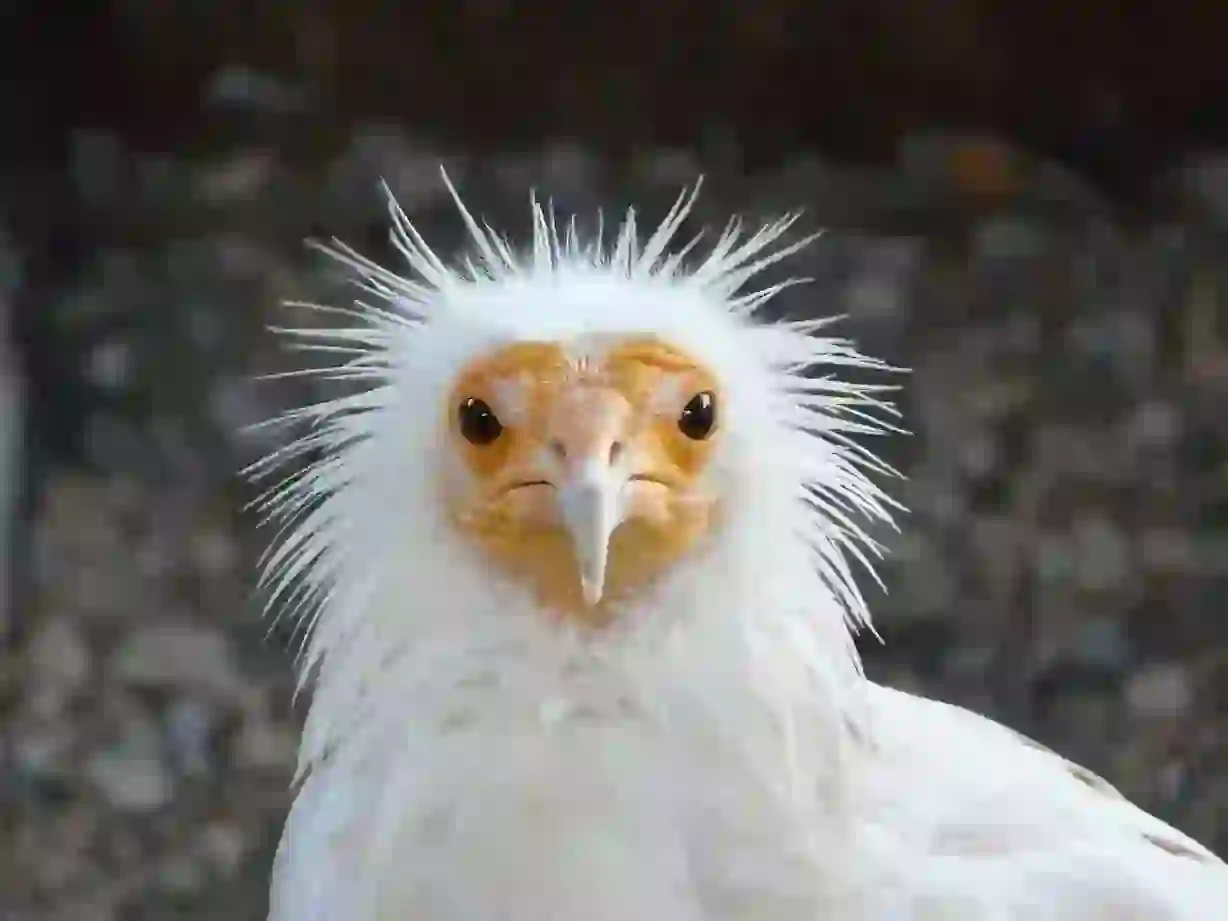
Where do vultures live?
Vultures live in various habitats, such as mountains, grasslands, savannas, rocky areas, forests, coastlines, mangroves, and semi-deserts. They prefer open spaces.
Vultures typically live alone or in pairs and are often seen sunbathing during the day. In pairs or groups, they groom each other. Otherwise, they spend most of their time looking for food.
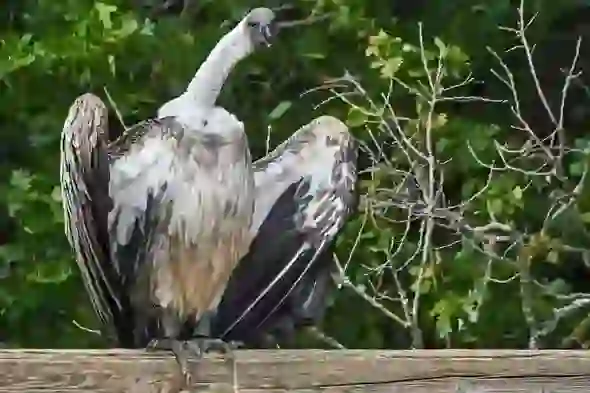
What do vultures eat?
Vultures eat animal carcasses, not attacking living animals. They consume dead animals, often those that died of natural causes or were eaten by other predators.
Large mammal carcasses attract many vultures, with the stronger ones eating first. Certain vultures, like the palm-nut vulture, primarily eat palm fruits, and the bearded vulture primarily consumes bone marrow by dropping bones from a height to break them.
Although vultures eating carrion may seem unpleasant, they play a vital role in maintaining the ecosystem and preventing the spread of diseases.
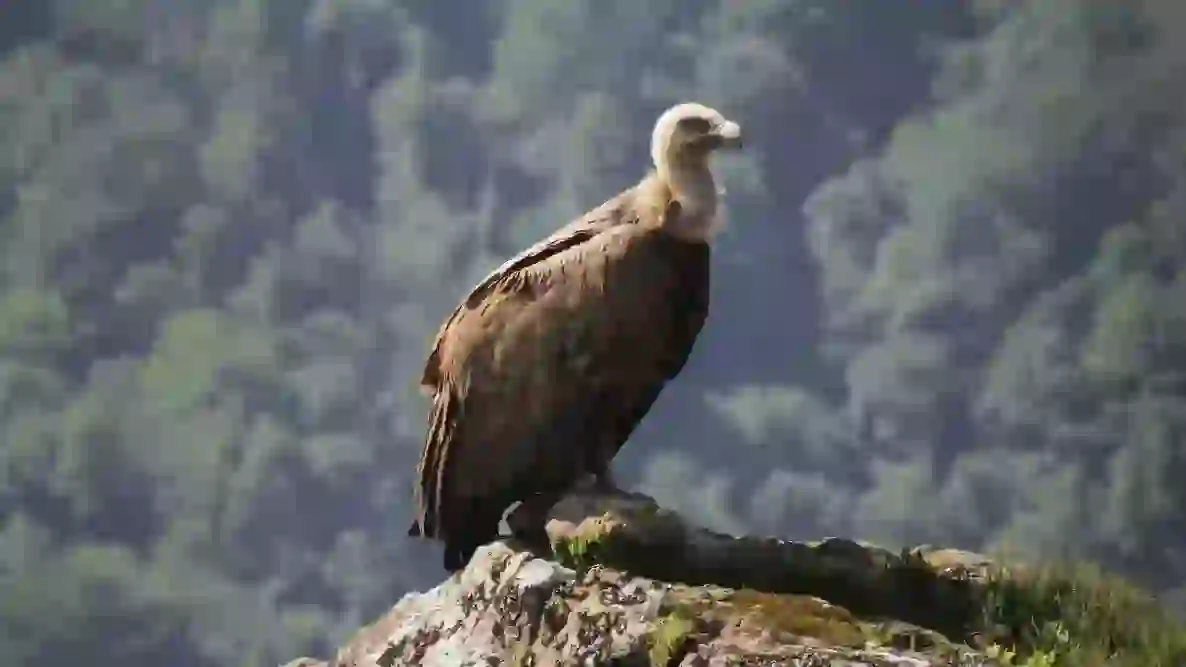
Why do vultures not get sick from eating rotten meat?
Humans get sick from consuming rotten food, but vultures have evolved to avoid this. They possess highly acidic stomach acid with a pH of 0.2, which can dissolve pathogens and even metal.
Recent studies show that some pathogens may survive in the stomach and intestines of vultures. It is believed that vultures have strong antibodies or gut flora that can combat these pathogens.
Vultures also groom each other, possibly exchanging pathogens to develop more antibodies. While there are still mysteries surrounding their unique physiology, vultures do not get sick from consuming rotten meat.
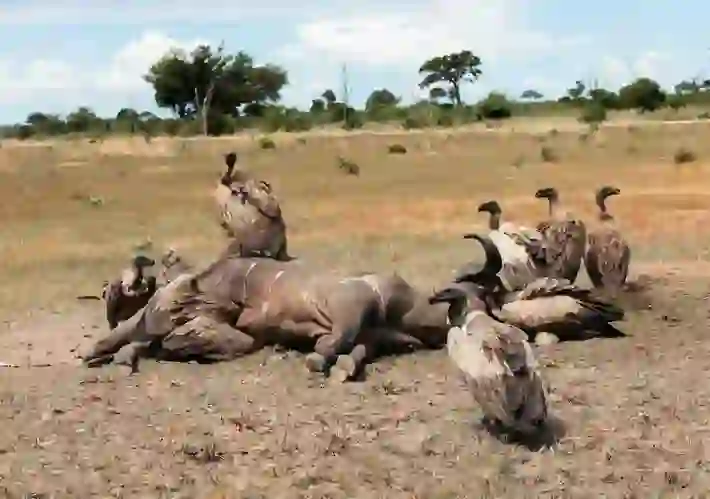
Why do vultures have bald heads?
Vultures lack feathers from their heads to their necks, not just for aesthetics but for hygiene.
When they eat carrion, their heads may contact rotting meat. If they had feathers, they could collect bacteria and spread it around. Without feathers, they stay cleaner and can easily sunbathe for heat sterilization.
Vultures also defecate while eating, using their highly acidic excrement to clean their feet and surrounding areas to prevent the spread of pathogens.
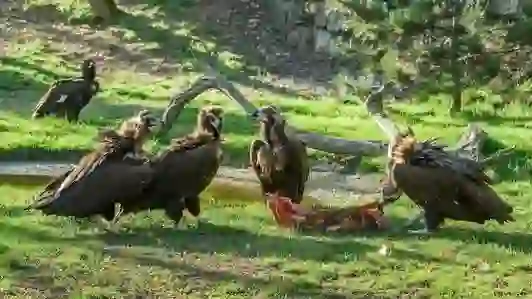
How do vultures reproduce?
Vultures are generally monogamous, remaining with one mate for life. During breeding, they perform acrobatic flights together. Their nests vary in location based on the species, such as cliffs, caves, or trees.
They typically lay one or two eggs, with incubation lasting around 42–60 days. The first chick to hatch is often stronger, which may lead to the death of the weaker one.
After hatching, chicks grow rapidly, fledging in 85–110 days, and learning survival skills from their parents. Some chicks may return to the nest for 1–2 years after fledging.
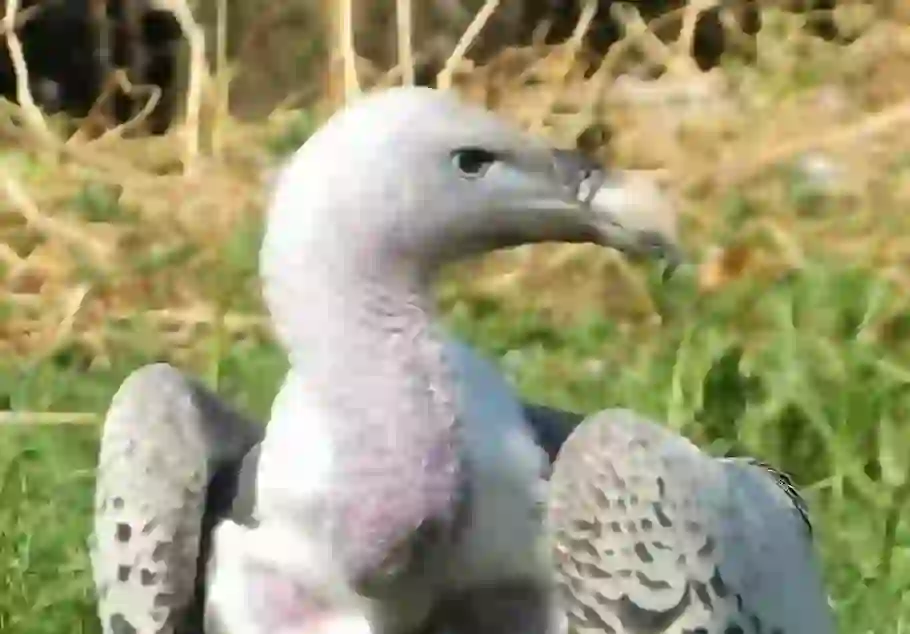
Are vultures endangered?
Vultures play a crucial role in maintaining the ecosystem, yet many are endangered. Some species, like the African white-backed vulture, have already gone extinct.
Their decline is primarily due to habitat loss and human activities, including livestock poisoning and poaching. In some areas, humans use poisoned carcasses to kill predators like lions, inadvertently killing vultures as well.
The high mortality rate among vultures disrupts the ecosystem and allows for the spread of disease, highlighting the need for conservation efforts.

Would you like to become a part of the 'Animalbook.jp'?
Turn your knowledge into Q&A and share it with the world. ※Publication will be activated after purchase. Let's share information together!
Vulture Type of List
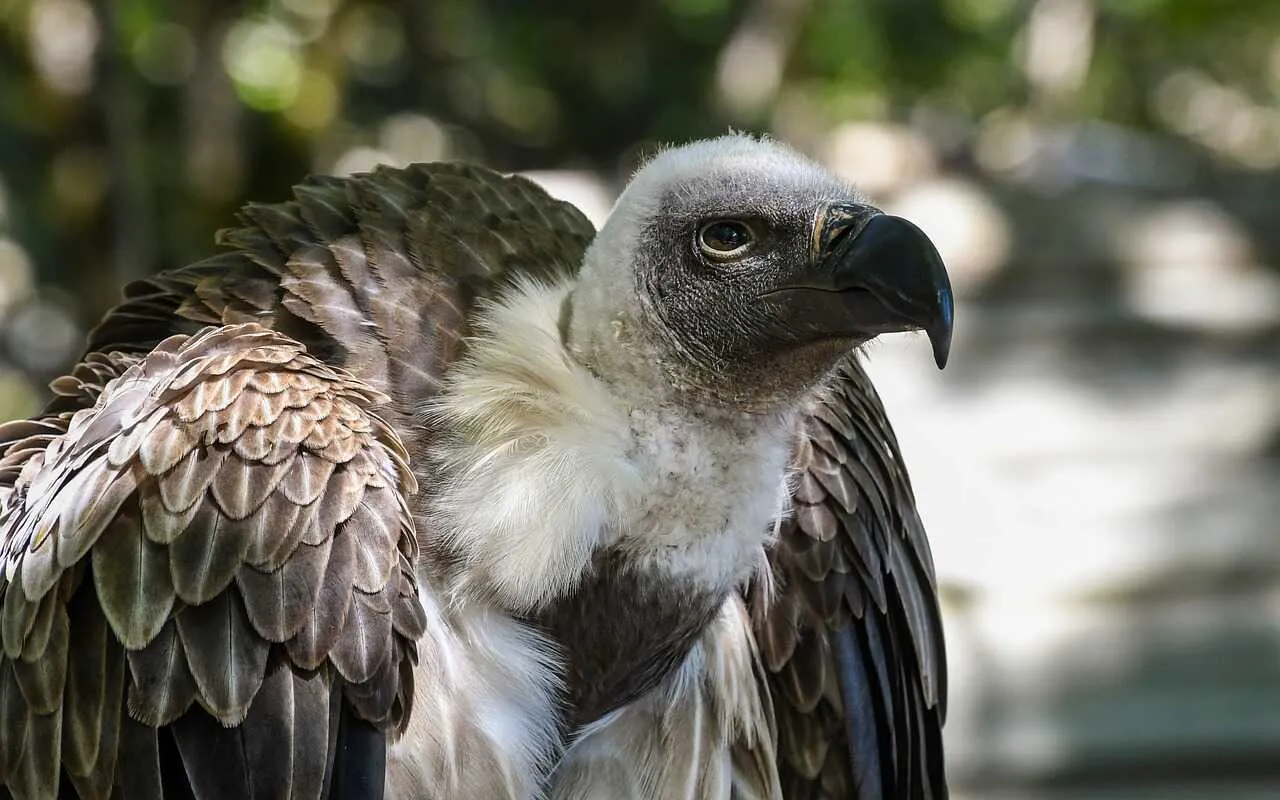
Introducing vulture species and their respective levels of endangerment, listed from highest to lowest risk.
- [Critically Endangered - IA]
- Hooded Vulture
- Slender-billed Vulture
- Bengal Vulture
- Indian Vulture
- White-rumped Vulture
- Spotted Vulture
- Lappet-faced Vulture
- White-headed Vulture
- [Endangered - IB]
- Egyptian Vulture
- Red-headed Vulture
- [Endangered - II]
- Cape Griffon
- [Near Threatened]
- Bearded Vulture
- Himalayan Vulture
- Black Vulture
- [Least Concern]
- Palm-nut Vulture
- White-backed Vulture
Information
Congratulations! You are the first commenter!

Create Your Favorite List!
Vulture
Save the animals you love! Build your own list to quickly revisit your favorites later.

Would you like to leave a comment?
※Please note: This is for the purchase of rights to post comments within the article.
Find Your Favorites!
Our shop offers a unique and attractive selection of goods themed around various animals.
Vulture References
Vulture Introduction of media used

出典:Pixabay

出典:Pixabay

出典:Pixabay

出典:unsplash.com

出典:pexels

出典:commons.wikimedia

出典:Pixabay
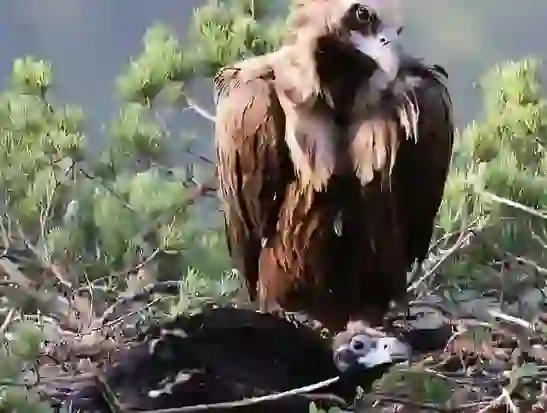
出典:unsplash.com
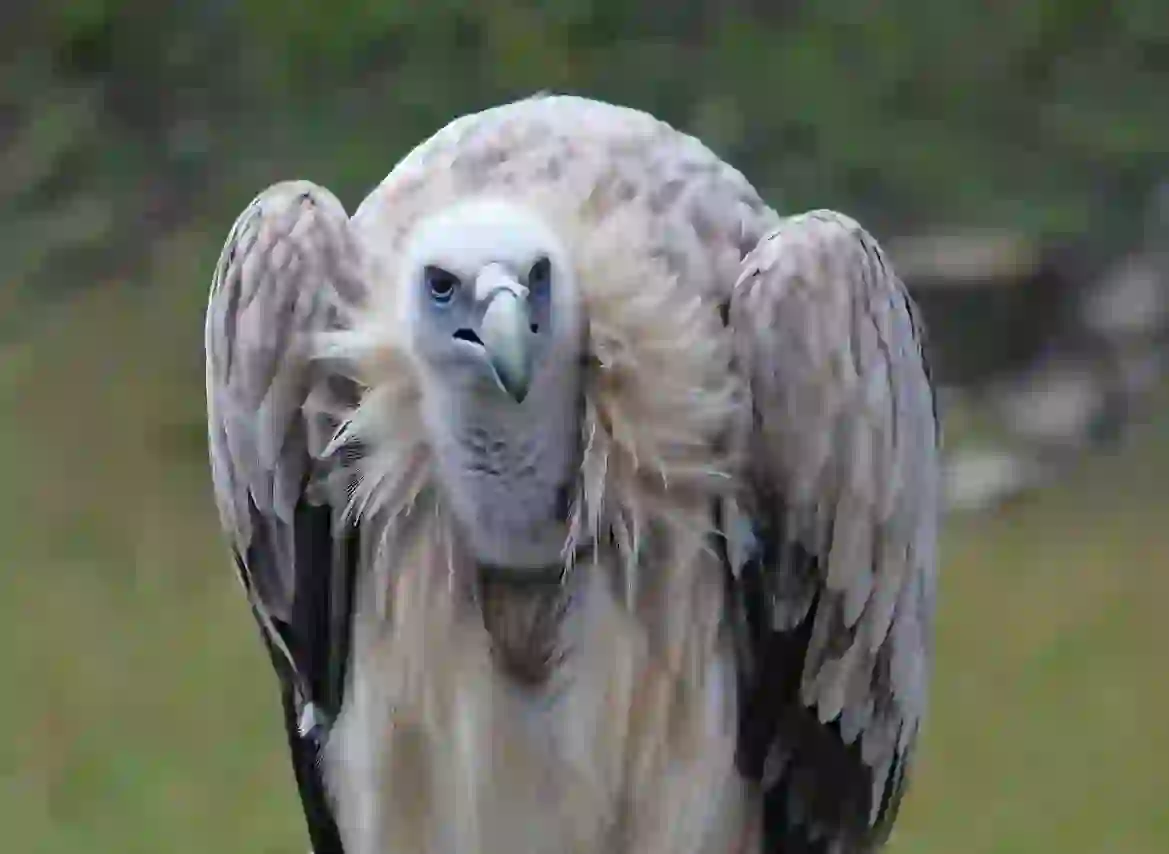
出典:unsplash.com
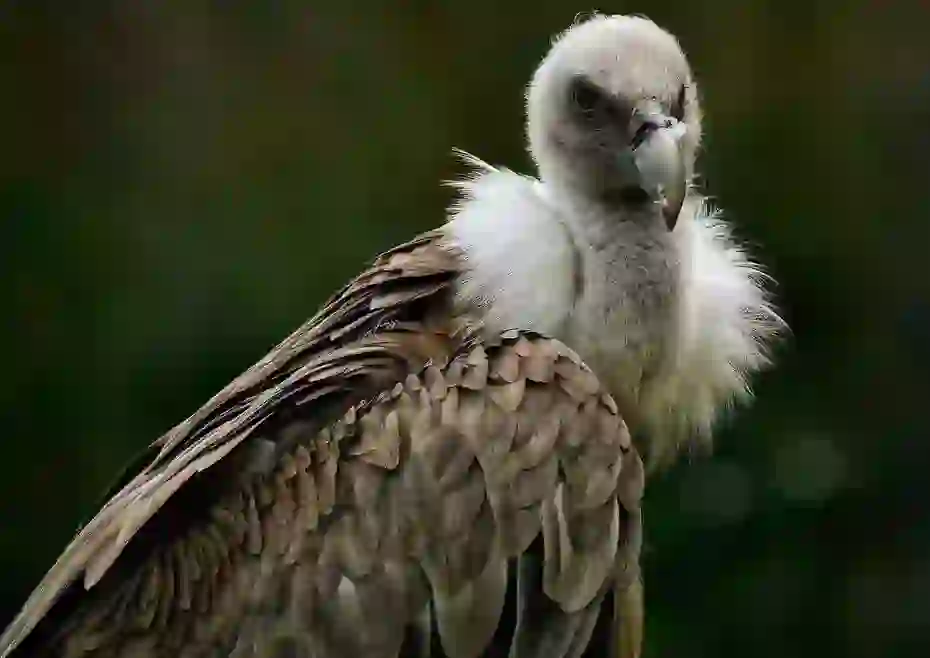
出典:Pixabay

Help Enrich Our Animalbook.jp with Your Media!
We are constantly looking to expand and enrich our Animalbook.jp with amazing photos and videos of animals. If you have any media that you'd like to share, please contribute and help us showcase the beauty and diversity of the animal kingdom. Your submissions will be credited and featured in our encyclopedia, reaching a wide audience of animal lovers.


















